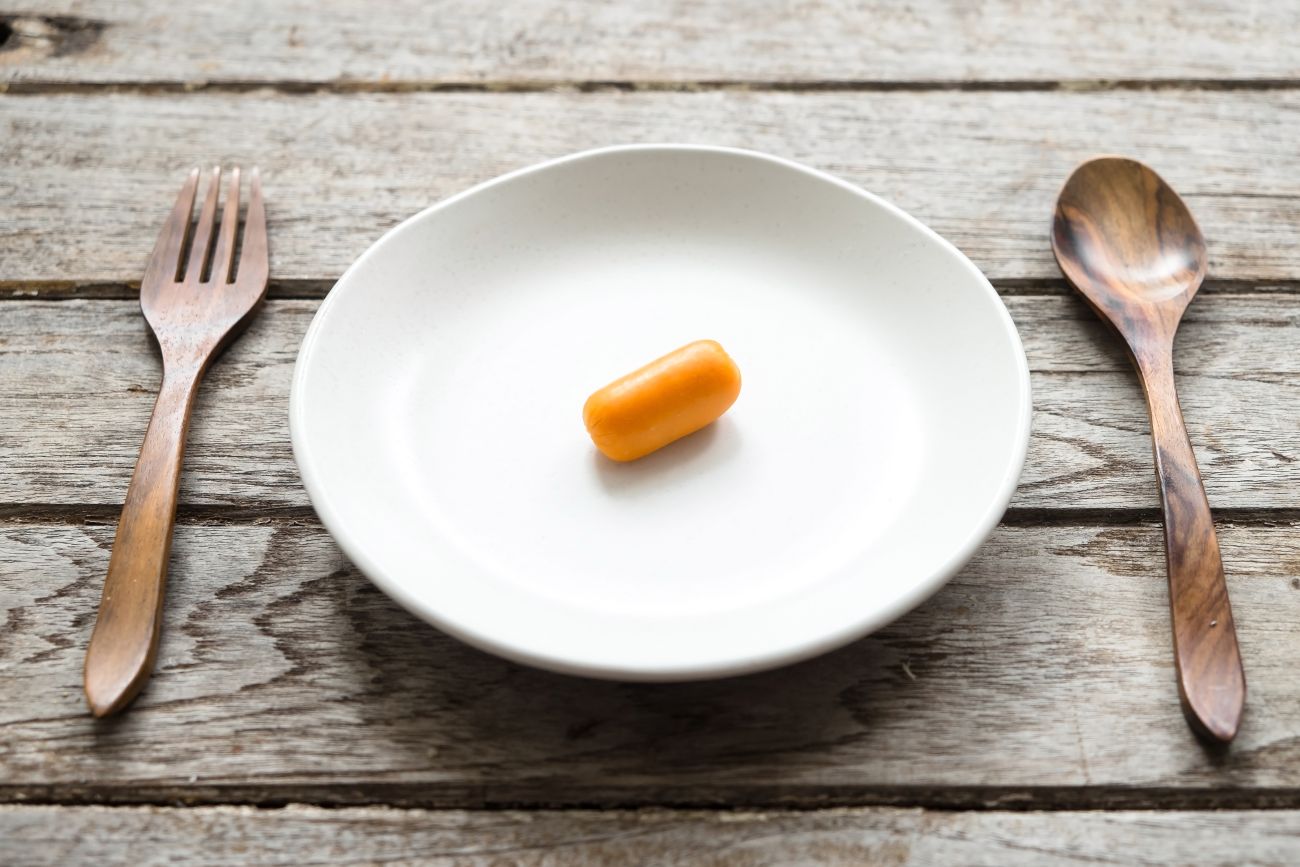Lots of people go to extreme lengths to lose weight fast. But, eating only grapefruits, or extreme calorie restriction isn’t always the healthiest options. You can learn all about the effects of this type of dieting with a quick search online.
We all have that friend who follows the latest dieting crazes. While they may experience immediate results, crash dieting is not always the way to go when focusing on weight loss and thinking about the long-term effects.
What Is a Crash Diet?
Essentially, a crash diet is an extremely restrictive eating plan that is not sustainable over a long period of time. Most times, it centers around restricting calories severely — cutting down anywhere from 500 to 1,000 calories daily. Sometimes, it can involve only having one to two foods in your diet.
While the length of time differs between each of these crash diets, they do come with an end date. They can last anywhere from one week to one month.
Side Effects of Crash Dieting
While crash dieters can see the effects of weight loss rather quickly, these types of diets tend to come with a wide range of negative sides effects — both short and long term — for an individual and their body.
Decreases Metabolism
While crash diets can help someone lose a ton of weight at the moment, it will slow down a person’s metabolic rate over time. This is especially if it is done multiple times over.
As a result, it will be increasingly difficult to lose weight down the road.
Dehydration
Many crash diets lead to fast weight loss results because individuals are losing their water weight. As a result, individuals risk dehydration using these methods.
Your Body Suffers
Crash diets deprive individuals of much-needed vitamins and minerals. They lack fiber, protein, calcium, amino acid, vitamin B12, and all those other good things your body requires to stay healthy. This lack of essentials can affect a person’s blood cells, cognitive function, and bones.
Furthermore, cutting out these essential vitamins and minerals by engaging in a quick weight loss program runs a risk of weakening a person’s immune system. As a result, increasing an individual’s susceptibility to illness.
Takes a Toll on Skin and Hair
A lack of vitamins and minerals not only affects the inside of your body but the outside as well. In fact, the lack of nourishment one gets while on a crash diet can damage the quality of a person’s hair and skin. Leaving the hair limp and ready to fall out, while making the skin feel dry and potentially causing acne breakouts.
Heart Issues
Those with heart issues should make it a priority to discuss any crash diets with their physician before jumping on this bandwagon. In fact, extreme dieting increases heart fat levels, which can cause heart issues.
Tummy Troubles
When a person is not getting the right vitamins, minerals, and nutrients in their body, it wreaks havoc on their body. In addition to affecting their immune system, skin, and hair, insufficient intake of the essentials can affect the stomach as well.
In fact, crash diets can severely affect one’s bowel movements. It causes them to be inconsistent or irregular.
You’ve Got That Grumpy Feeling
Crash diets can set off a release of corticosterone from a person’s brain. This release can increase irritability and stress levels.
On top of that, those on a crash diet can experience disturbed sleep and a lack of concentration. Both of which add to that grumpy feeling.
Fatigue
Not getting the nutrients to tackle your day mixed in with a lack of sleep leads to increased fatigue and lack of energy. While a person will be losing weight from a crash diet, they will also feel very tired and sluggish along the way.
Vicious Cycle
Whether you are eating a mere 500 to 1,000 calories daily, drinking only orange juice, or living on two types of foods, crash diets only rev up your ghrelin hormone. This hormone is linked to triggering a body’s appetite.
While some people might be able to subdue this feeling of starvation, most of us cannot. During the crash diet or potentially near or at the end, individuals might find themselves reaching for any type of food they can get their hands on. This causes a vicious cycle of dieting.
Weight Loss Tips
Say goodbye to crash diets for good and think about moving towards a healthier lifestyle when it comes to weight loss goals.
To help, here are a few tips:
- Eat less processed foods;
- Reach for fresh and “cleaner” food options;
- Reduce your overall sugar intake;
- Decrease alcohol consumption;
- Try to incorporate more vegetables, fruits, nuts, and whole grains into your daily diet;
- Decrease consumption of foods that have trans fat;
- Increase consumption of foods with healthy fats;
- Try and incorporate physical activity in your lifestyle, and;
- Ensure you are drinking the recommended daily water intake of approximately eight eight-ounce glasses each day.
